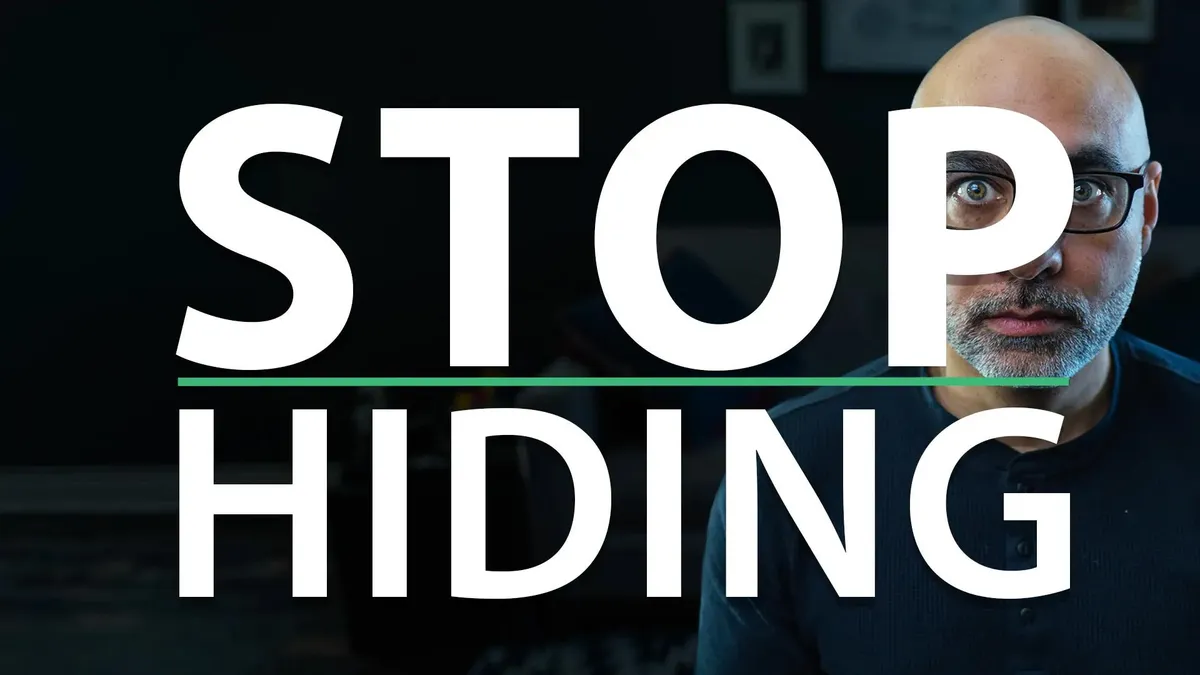How Impostor Syndrome Stops Talented Professionals from Taking the Lead
You feel like a fraud when considering a bigger role, despite your success. That's impostor syndrome. Learn why it targets high-achievers and how to act.
Read ArticleBy Art Harrison • August 4, 2025
You say you're afraid your project will fail, but that's not the real fear. You're afraid of what that failure would say about you. Here's the truth.

"I'm afraid my project will fail." I hear this constantly from talented professionals. They list all the things that could go wrong: a missed deadline, a budget overrun, public embarrassment, a disappointed boss.
But after 25 years in business, I've learned that you're not actually afraid of failure. You're afraid of what failure would mean about you.
When you dig deeper, the fear is rarely about the practical consequences. Most professionals can survive a project that doesn't work out. What they feel they can't handle is the story that failure would tell about who they are.
They're afraid failure would prove they're not smart enough, not capable enough, or not worthy of the next opportunity. It's not a fear of a business outcome; it's a fear of identity failure.
Your "fear of failure" is usually one of these four fears in disguise:
When you misdiagnose the problem as a general "fear of failure," you try to solve it with more research and planning. But you can't research your way out of an identity fear. You can only act your way out of it by Taking Action Despite Fear.
The most resilient and successful professionals don't avoid failure; they just think about it differently.
You are not afraid of your project failing. You're afraid of what that failure would mean. Change what it means, and you'll change what becomes possible.
---
FSTEP provides a safe environment to practice failing small. Our weekly challenges are designed to help you build resilience and prove that setbacks aren't fatal. Learn more about the 6-week FSTEP program.
Start practicing today with our free 5-Day Action Challenge.
Stop planning and start building. Take the first step toward turning your ideas into reality.